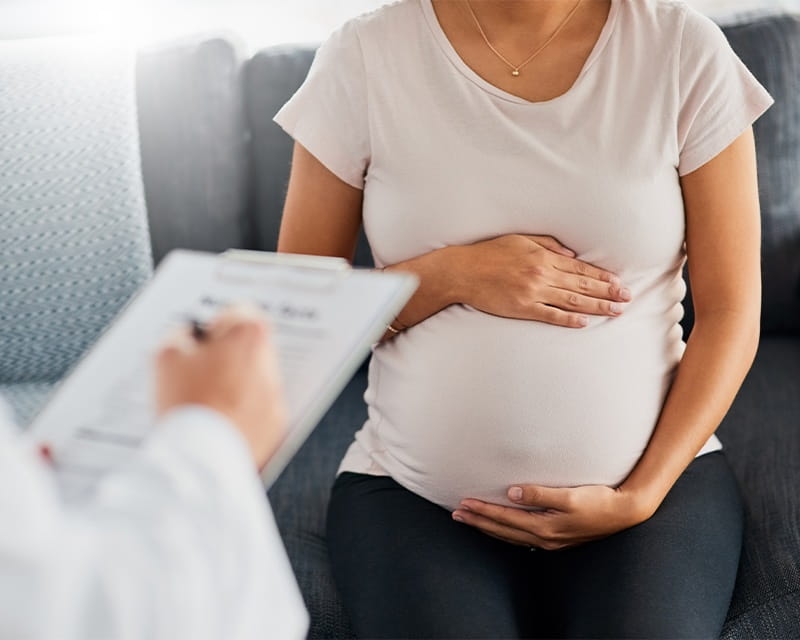
Alcohol-related aggression: New therapies may result from Ohio State study

As a perinatal psychiatrist, Tamar Gur, MD, PhD, sees firsthand the emotional toll of severe stress, depression and anxiety on a woman who is pregnant. In her laboratory, Dr. Gur is uncovering evidence that stress signals can be transmitted from mother to fetus via the placenta.
Her bench research is using mice to study how gut and vaginal microbiomes of the mother regulate her immune system and the neuroimmune system of the baby. Her studies indicate that chronic stress in pregnancy alters microbes in both. She has documented increased neuroinflammation in the offspring’s brain.
“We see decreased social behavior and increased anxiety in the offspring,” Dr. Gur states.
“I have two National Institutes of Health grants to support this work on the effects of stress on the uterine environment, and I’m submitting another grant application,” she continues. “Because I want to shorten the time to translation, I’m conducting my own clinical research with observational studies in the obstetrical clinic.”
Dr. Gur adds, “Increasingly, psychiatric disorders like depression are being thought of as inflammatory disorders, and we’re interested in how the immune system of the baby’s brain may be affected by maternal stress, depression and anxiety, setting them up for an increased risk of psychiatric disorders in adulthood.
“My long-term goal is to extend these findings into a clinical population, with the intention of developing new targets and treatments within this critical gestational window to prevent transmission of harmful stress exposure to the next generation.”
She characterizes chronic stress as that which occurs from a traumatic event such as loss of a partner or relative, or divorce. “This is more than just a bad day or sitting in a traffic jam.”
Dr. Gur says stress can have significant effects in all three trimesters and even postpartum.
Acknowledging that genetics and other factors play a role in mental health, Dr. Gur doesn’t discount the power of a woman’s actions to reduce her own stress and possibly avoid spiraling into severe depression or anxiety.
She advises her patients, “In every situation, there are ways you can minimize the harm stress is causing in your life. Don’t just white knuckle through it if you’re under a lot of stress, feel anxious or depressed. Pay attention to how you are feeling and address it like you would diabetes or high blood pressure.”
Her list of positive steps to reduce stress includes:
If a woman is depressed or severely anxious, Dr. Gur prescribes selective-serotonin reuptake inhibitors. She believes the benefits to both mother and baby of protecting the mother’s mental health outweigh the currently published risks.
Dr. Gur’s published works provide an in-depth exploration of prenatal stress, the mechanisms it affects and possible consequences for a woman’s offspring in utero and beyond:
Gur TL, et al. Prenatal stress affects placental cytokines and neurotrophins, commensal microbes, and anxiety-like behavior in adult female offspring. Brain Behav Immun. 2017 August; 64:50 – 58.
Gur TL, et al. Prenatal stress disrupts social behavior, cortical neurobiology and commensal microbes in adult male offspring. Behav Brain Res. 2019 February; 359:886 – 894.
Chen HJ, Gur TL. Intrauterine microbiota: Missing, or the missing link? Trends Neurosci. 2019 June; 42(6):402 – 413.